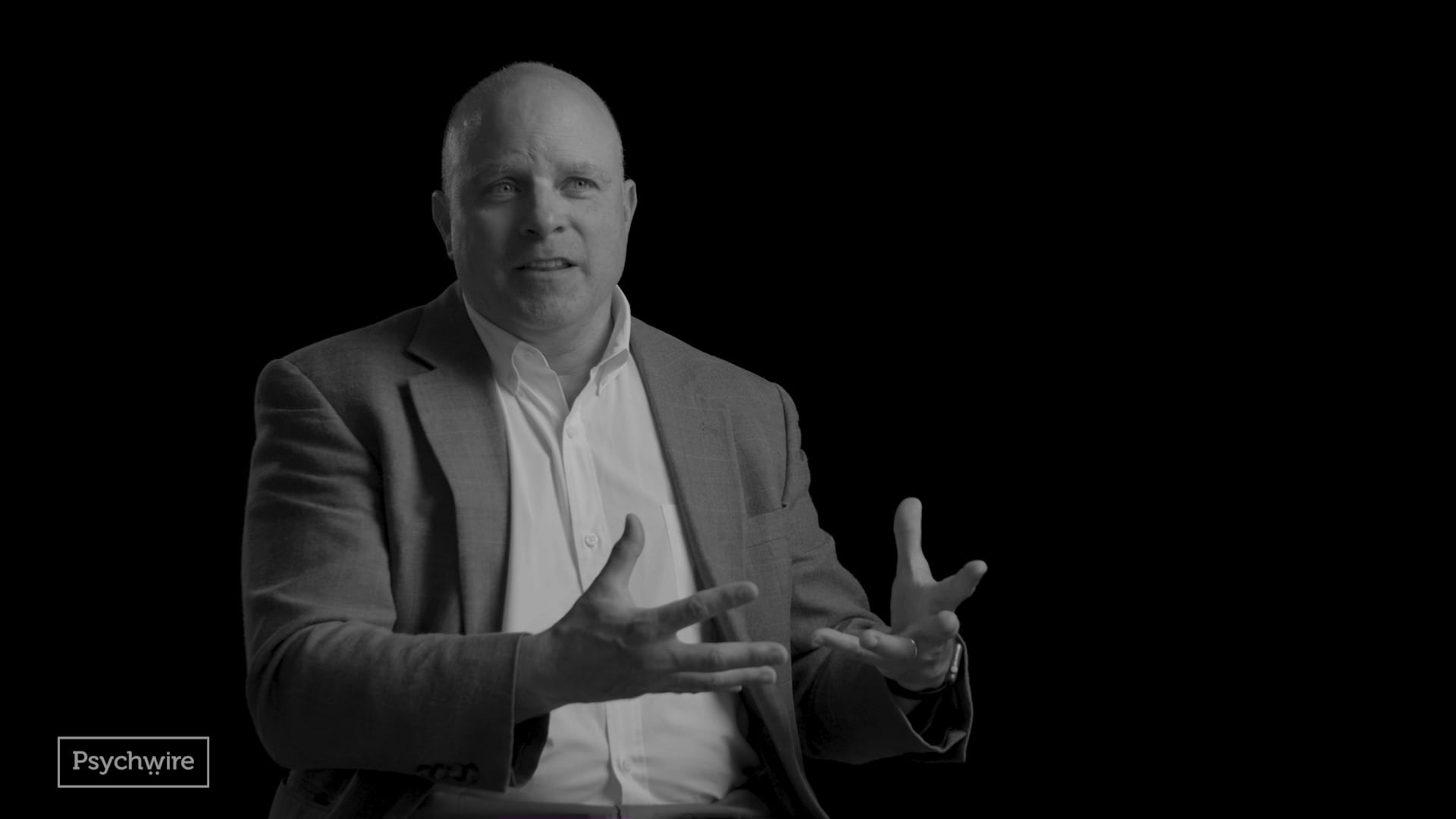
Psychoeducation for PTSD
 CBT for Trauma
CBT for TraumaPeople don't come in and say, I've had a traumatic event. Do I have PTSD? Rather people with this disorder are stunned to learn that there's a name for it. That these really awful things happened, they've been miserable, they've been suffering. And I understand that there are many other people like them who are suffering in very similar ways.
I believe that psychoeducation is integral to PTSD treatment. It's a main part of it, and you do see some gains directly from it. The first gain you see is some relief in the client. They feel immediately a sense of relief that there is a clinician in front of them that gets them. And understands how to help them. A lot of our clients think of their symptoms as being some unchangeable horrific element of their personality that means they're really, really sick.
And a big piece of what we're trying to do in psychoeducation is help the client recognize Actually, these symptoms have an explanation. They're happening for a reason, and there are things we can do about it. With PTSD, it's gonna include education about these are what these symptoms are. It's gonna include normalization. They're really common. They don't mean that there's something wrong with you, I often will use metaphors to teach that point.
If I ask someone to tell me what do you do when you fall off the horse? They would say, you gotta get back on. That little saying, give it's gives people a little hook to hang the concept on. Getting back on the horse means I'll learn that I can manage my own anxiety. I'll learn that the situation isn't as dangerous as I thought it was.
I'll learn that this is imminently doable that I can master it.